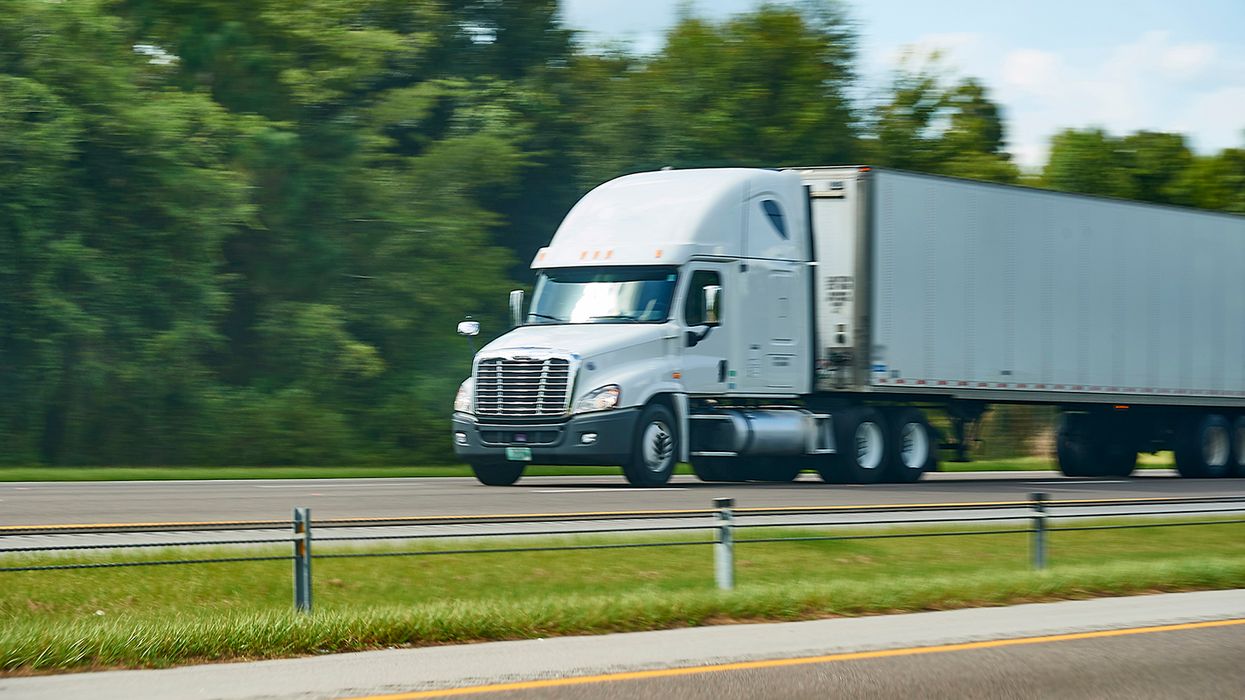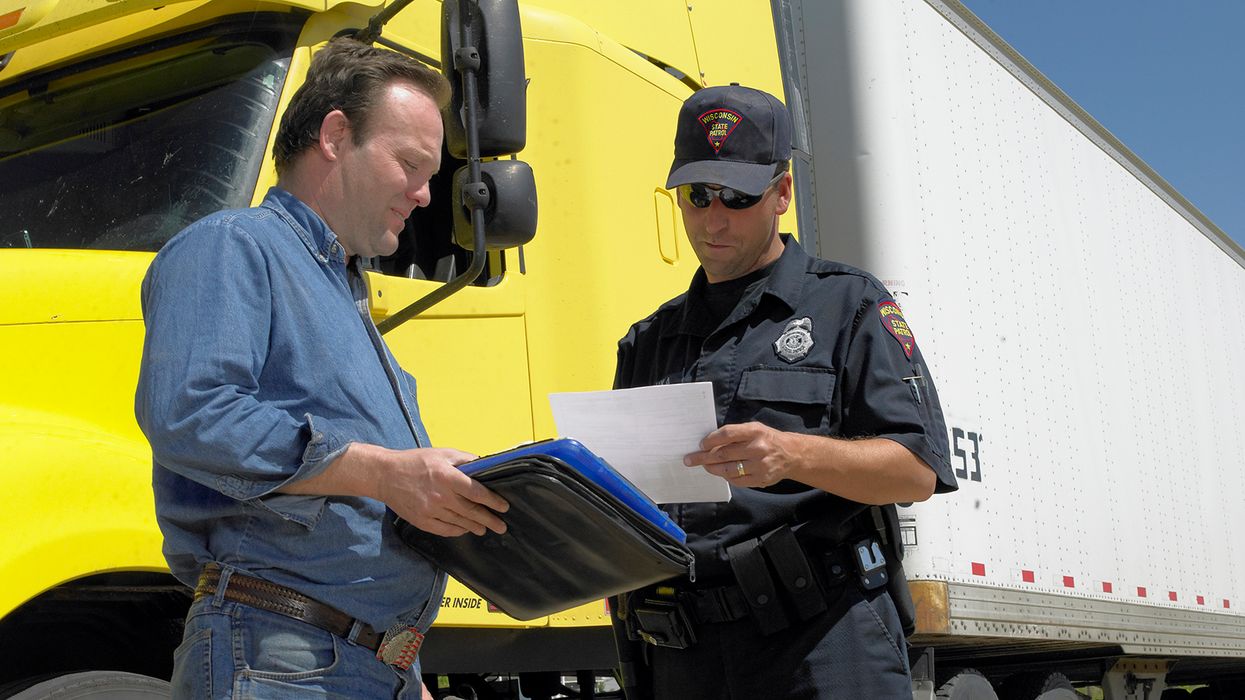4 weeks added to COVID-19 exemption, though fewer are eligible
An emergency exemption for truck and bus drivers assisting with the COVID-19 pandemic relief efforts has been extended another four weeks. The list of drivers eligible, however, has been shortened.
With several extensions, the FMCSA’s emergency exemption has been in effect since March. The current version, dated June 8 and effective June 15, 2020, is due to expire on July 14. The revised exemption will be limited to the transportation of:
- Livestock and livestock feed;
- Medical supplies and equipment related to the testing, diagnosis, and treatment of COVID-19; and
- Supplies and equipment necessary for community safety, sanitation, and prevention of community transmission of COVID-19, such as masks, gloves, hand sanitizer, soap, and disinfectants.
Under the emergency declaration, eligible motor carriers and drivers providing direct assistance in support of relief efforts related to the COVID-19 outbreak are not required to comply with Parts 390 through 399 of the Federal Motor Carrier Safety Regulations. This includes rules covering hours of service, vehicle inspections, and driver qualification, among others.
No longer eligible
The following items or personnel are no longer eligible for the emergency exemption as of the end of the day on June 14, 2020:
- Food, paper products, and other groceries for emergency restocking of distribution centers or stores;
- Fuel;
- Liquefied gases to be used in refrigeration or cooling systems;
- Equipment, supplies, and persons necessary to establish and manage temporary housing, quarantine, and isolation facilities related to COVID- 19;
- Persons designated by federal, state or local authorities for medical, isolation, or quarantine purposes; and
- Persons necessary to provide other medical or emergency services.
What is direct assistance?
Direct assistance means transportation and other relief services provided by a motor carrier or its drivers related to the immediate restoration of essential supplies like meat or disinfectants.
Direct assistance does not include routine commercial deliveries. Also, it does not include transportation of mixed loads with a nominal quantity of qualifying emergency relief added to obtain the benefits of the emergency.
Direct assistance ends when a driver or commercial motor vehicle (CMV) is used in interstate commerce to transport cargo or provide services that are not in support of emergency relief efforts or when the motor carrier dispatches a driver or CMV to another location to begin operations in commerce.
A driver who provides relief assistance may travel back to his or her terminal with an empty CMV under the exemption.
Compliance with some rules still required
Drivers and motor carriers operating under this exemption must continue to comply with the commercial driver’s license, drug and alcohol testing, financial responsibility (insurance), hazardous materials, and size and weight requirements.
The FMCSA’s emergency declaration says drivers and carriers must also comply with:
- All applicable state laws and regulations, including speed limits and other traffic restrictions;
- 49 CFR §392.3, which prohibits the operation of a CMV while the driver is too ill or fatigued to drive safely; and
- Prohibitions on texting while driving and using a handheld cell phone while driving.
The declaration also includes a need to provide fatigued drivers with 10 hours of rest upon completion of their relief efforts.
Finally, the declaration requires motor carriers to report any recordable crashes to the FMCSA office in the state where the carrier is based. The notification must be made by phone or in writing within 24 hours and include the date, time, location, driver, vehicle identification, and brief description of the crash.
Termination date
The latest exemption goes into effect on June 15, 2020, and will remain in place until 11:59 pm Eastern Time on July 14, 2020, or until the national emergency is terminated, whichever happens first.












































